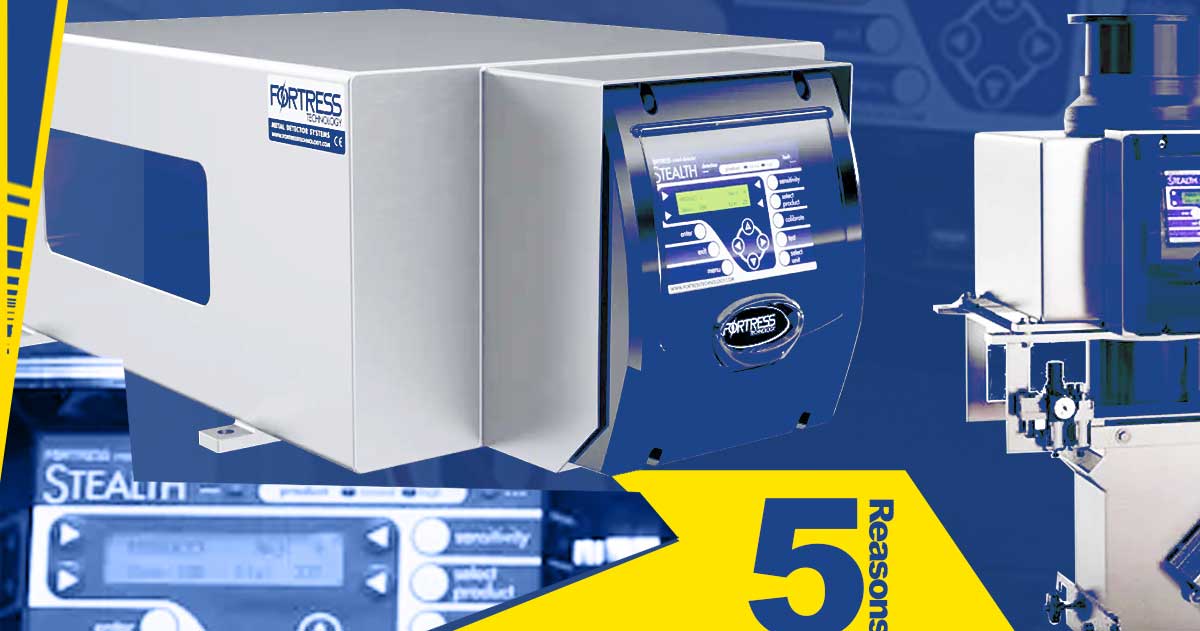
In the food industry, maintaining high standards of food safety is paramount to protecting consumers and upholding a company’s reputation. One crucial aspect of food safety is the proper operation of food metal detectors. These devices play a vital role in identifying and removing metal contaminants from food products. To ensure the effective and efficient use of food metal detectors, it is essential to provide comprehensive training to operators. This article explores the reasons why operators should be trained on how to operate food metal detectors.
- Maximizing Detection Accuracy
Food metal detectors are sophisticated devices with various settings and parameters. Proper training equips operators with the knowledge and skills necessary to set the appropriate sensitivity levels for metal detection. With J-Pak training, operators learn how to calibrate and validate the devices regularly, ensuring accurate detection of metal contaminants at the desired threshold. With adequate training, operators can optimize the settings of the metal detector for different food products, packaging materials, and production line speeds, ensuring maximum detection accuracy. - Preventing False Positives and Negatives
Improper operation of food metal detectors can lead to false positives and false negatives. False positives occur when the detector incorrectly signals the presence of a metal contaminant, causing unnecessary product rejections. False negatives, on the other hand, happen when the detector fails to detect actual metal contaminants, potentially allowing them to reach consumers. Operator training helps minimize these errors by teaching operators how to interpret and respond to the metal detector’s signals accurately. They learn to differentiate between genuine metal contaminants and non-hazardous sources of metal, such as packaging materials, zippers, or staples. - Ensuring Efficient Production Processes
Properly trained operators are more efficient in handling food metal detectors, leading to smoother production processes. Operators learn how to position the metal detector correctly along the production line, ensuring that all food products pass through the detection zone. They understand the appropriate speed at which products should be conveyed through the metal detector to maximize detection efficiency. Training also covers troubleshooting common issues, such as detector alarms or conveyor blockages, allowing operators to address problems promptly and minimize production downtime. - Compliance with Regulatory Standards
The food industry is subject to stringent regulations and standards to ensure consumer safety. Operator training on food metal detectors helps companies comply with these regulations. Operators learn about the specific requirements outlined by regulatory bodies such as the Food and Drug Administration (FDA) or the European Food Safety Authority (EFSA). They understand the importance of maintaining accurate records, adhering to standard operating procedures (SOPs), and implementing appropriate documentation practices. Well-trained operators contribute to a company’s ability to pass audits, inspections, and certifications, demonstrating their commitment to food safety. - Building a Culture of Food Safety
Training operators on how to operate food metal detectors contribute to building a strong culture of food safety within an organization. Operators become aware of the critical role they play in maintaining the safety and quality of food products. They understand the potential consequences of metal contamination and the importance of their vigilance in preventing such incidents. Through training, operators develop a sense of responsibility and ownership in upholding food safety practices, promoting a culture where safety is prioritized at every stage of the production process.
Conclusion
Proper operator training is essential for the effective and efficient operation of food metal detectors in the food industry. By providing comprehensive training, companies can maximize detection accuracy, prevent false positives and negatives, ensure efficient production processes, comply with regulatory standards, and build a culture of food safety. Investing in operator training demonstrates a commitment to upholding the highest standards of food safety, protecting consumers, and maintaining a strong reputation in the industry. Request a quote from J-Pak.

